Copa and Cogeca have been supportive of Ukrainian farming communities since the launch of the war by Russia accepting solidary lanes and removal of tariffs on agricultural commodities imports. Consequently, the increasing import from Ukraine is posing serious challenges to farmers and cooperatives in the bordering regions through which commodities transit. In this context, the support of the European Union in these neighbourhood regions is crucial and was promised by the European Commission. As the first implementing regulation is being discussed, it is clear today that the promised support does not meet expectations and will clearly lack consistency.
The European agricultural lands surrounding Ukraine are of strategic importance for the whole of Europe. Farmers and cooperatives in these regions have had to cope with the cumulative impacts of the COVID crisis, rising energy and key input prices and severe droughts in 2022. In addition, the disruptions linked to Ukrainian exports have made the situation tense in countries like the Czech Republic, Hungary, Poland, Romania and Slovakia.
In this context, the European Commission announced, when presenting its initiatives on the “EU-Ukraine solidarity lanes”, the setting up of exceptional emergency support to farmers who are affected by this community policy. Today, the first elements of the implementation regulation are being discussed and the first figures are coming out. Copa and Cogeca are dismayed by the amounts proposed, which are completely out of proportion given scale of the disruptions faced by farmers in the countries surrounding Ukraine! Moreover, not all affected countries have been considered for receiving emergency aid. Finally, the funds are only expected to be a one-off payment, released in the third quarter of the year, leaving the farming communities in these regions in limbo until then.
Though the European Commission must be consistent in its emergency support to Ukrainian farmers, it must not forget its own farmers! This implementing regulation proposal needs to be reviewed fully to be taken seriously by the farming community. In addition, farmers not only need to be compensated for the losses already incurred, but further help will be needed in the future as the situation will not disappear anytime soon. Finally, to limit the future impact, investment in the infrastructure of solidarity lanes needs to be made while rigorous SPS controls need to be maintained.
Artigo publicado originalmente em Copa Cogeca.

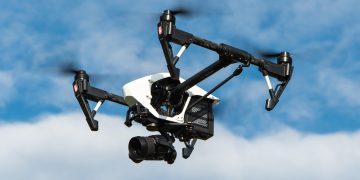



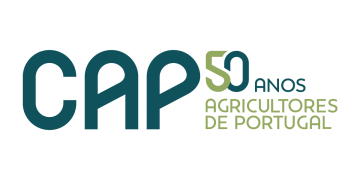














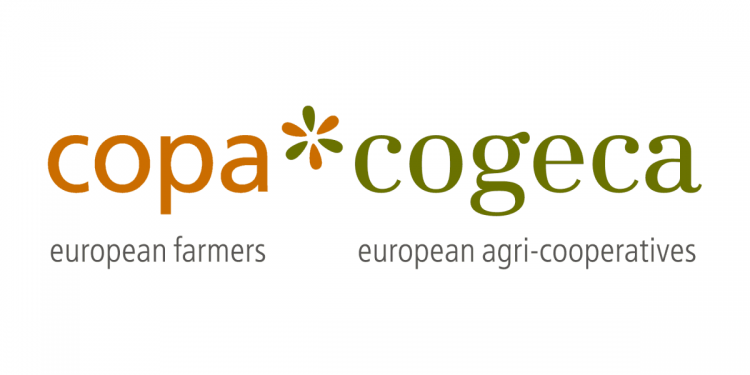
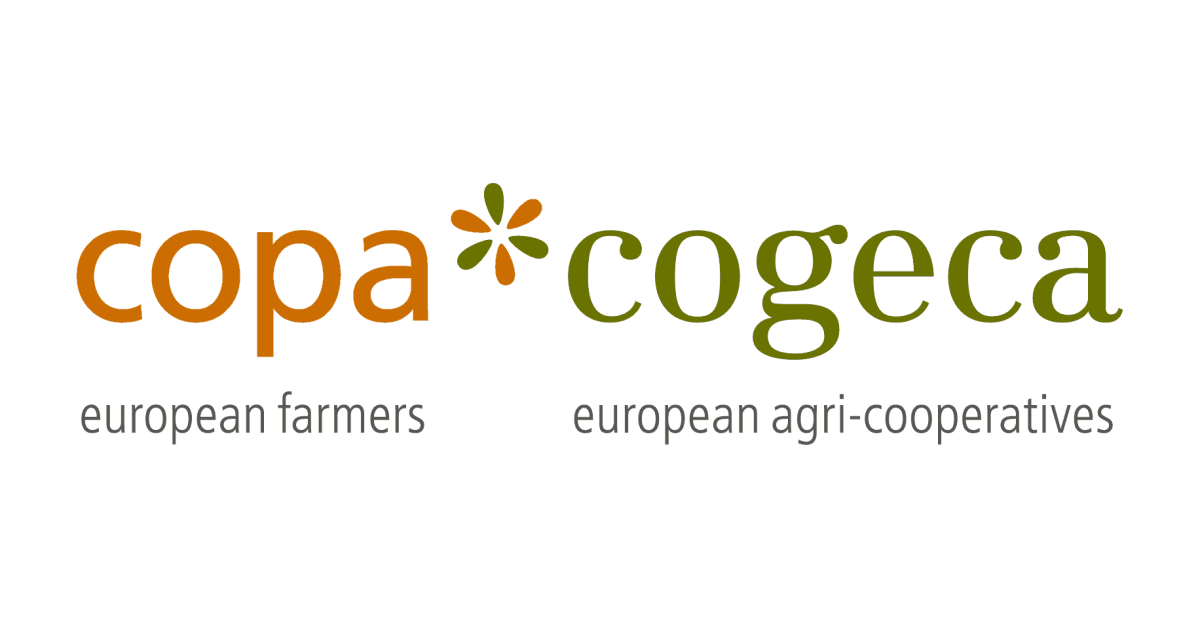























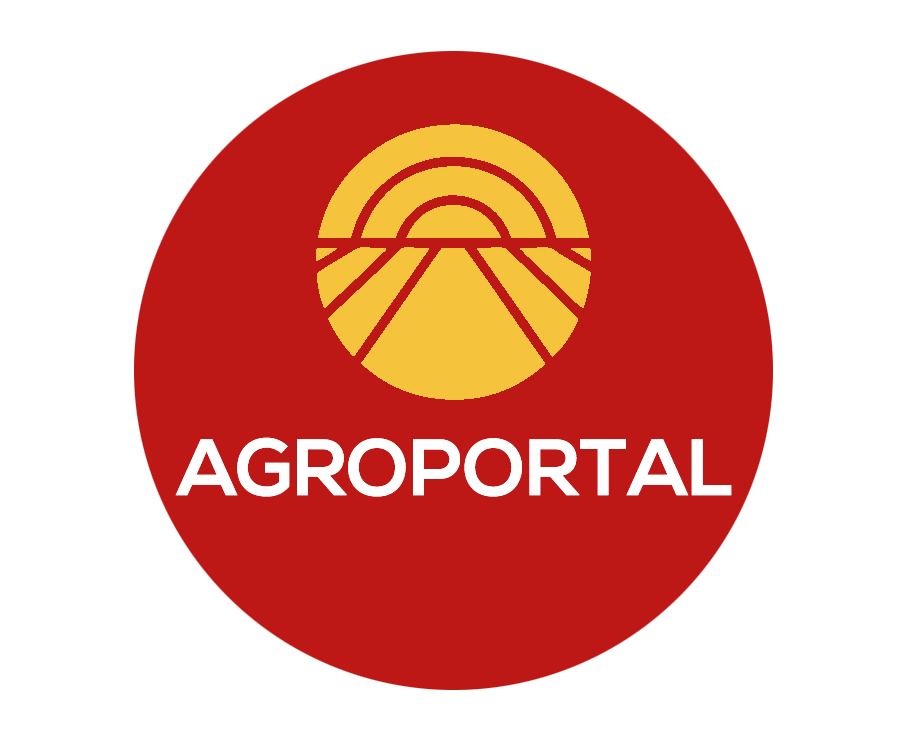






Discussão sobre este post